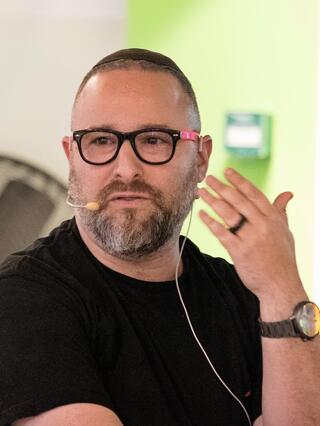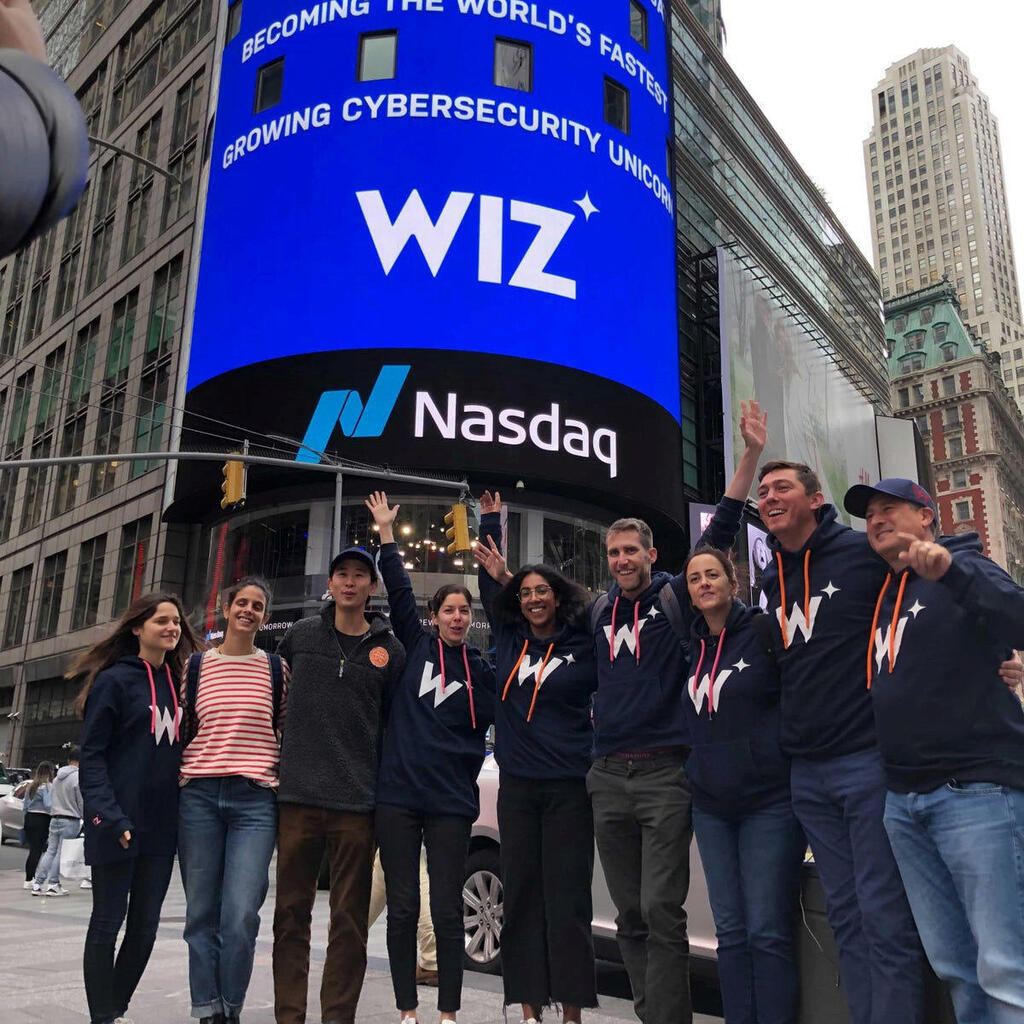One of the most fascinating trends to pay attention to when looking at the Israeli tech ecosystem from a macro lens is the total transformation from "Startup Nation" to something much bigger, something many call "Scale-Up Nation" and others call "Unicorn Nation. (When will someone write the sequel to the book Startup Nation? It’s time.)
Call it what you want, what we’re seeing is an ecosystem that was previously known for building startups, early stage companies, companies that either sold early, or did not end up maturing, and has now set its sights on building large sustainable businesses that either grow to become global players while remaining private or end up going public on the world’s leading markets.
Allow me to tell you a story: Nine years ago, I had the opportunity of a lifetime. I got to interview Marc Andreessen of Andreessen Horowitz (a16z), the legendary venture capital firm that has invested in some of the world’s largest companies, including Facebook, Airbnb, Twitter, Stripe, Roblox, Coinbase and Lyft, to name a few.
I asked Marc many questions, but one I had been bothered by for a long time. “When can we see some more activity from a16z in Startup Nation?" I asked.
His answer blew my mind. “We are active now—Ben (his partner) is over regularly. Definitely more in the future. If we ever break our 'one office' rule, it's pretty likely office #2 would be in Israel!”
That’s right. Not in NYC. Not London. Not LA, or anywhere else. Israel. The firm that is widely regarded as the top VC in the world, when opening their second office, would do so in Israel, a country smaller than New Jersey, in the most unstable region on earth. Unbelievable.
Well, there’s good news and there’s bad news. The bad? There is still no a16z office in Israel. The good news? A16z was the most active investment firm in Israel in 2024.
According to PitchBook, Andreessen Horowitz, which manages $45 billion, invested in seven new Israeli companies in 2024, on top of four investments in 2023. They might not have an office, but as some of the top investors worldwide, they clearly recognize the tremendous potential in Israeli tech.
But the transition from "Startup Nation" to "Scale-Up Nation" manifests in more than big names investing in Israel.
According to Startup Nation Central, Israeli tech companies raised $3.2 billion in Q1 2025, up 12.1% from Q4 2024, despite a 6.1% drop in deal volume to 185 rounds. This trend is continuing the shift to fewer, larger deals.
The rebound signals a stabilizing market. Median round size hit a record high, pointing to investor confidence in the quality of Israeli companies. As volume narrows, strong fundamentals and strategic focus are being rewarded.
At first glance, fewer deals might seem like a red flag. Why were there fewer financing rounds in Israel? Are investors losing interest?
Quite the contrary! Small rounds are down and massive strategic rounds are up! This is yet another signal that Israel is setting its eyes on building companies that scale.
But Marc also told me something else regarding Israel—Israeli entrepreneurs sell too early. Back then, the big exit was Waze selling to Google for a billion dollars, a number we couldn’t even fathom back then.
But now, I can’t help but wonder what would have happened if Waze hadn't been sold and continued to grow the company. I imagine they could have sold for ten times that, if not more.
Get the Ynetnews app on your smartphone: Google Play: https://bit.ly/4eJ37pE | Apple App Store: https://bit.ly/3ZL7iNv
Here’s the thing, though. The mechanism called venture capital is looking for deals that will not only return their specific investment, but will also help return their fund. No VC can succeed making 2x, 3x or even 10x return on their money.
Marc said that one of the things preventing him from investing in Startup Nation is exactly that—we were busy building startups and not companies that can give him a 30x return on his money.
 Hillel Fuld Photo: Courtesy
Hillel Fuld Photo: CourtesySo then why is Marc investing so heavily in Israel now? Well, because we are no longer Startup Nation. Now, Israeli entrepreneurs are not looking for the quick exit anymore.
Just take the Wiz deal. They were offered billions multiple times and turned down the offer. They continued to grow at monumental speeds until the offer of a $32 billion buyout from Google crossed their desk. It was not only Israel’s biggest exit, it was also Google’s biggest acquisition to date!
According to the same Startup Nation Central report, “In Q1 2025, five mega rounds brought in $1.1 billion, accounting for 43% of total private funding. This steady share highlights the impact of scale-ups on capital flows.
After falling to 20.1% in Q2 2023, mega rounds have consistently made up more than 35% of funding, showing strong demand for late-stage deals.”
That is what I call Scale-Up nation, and guess what? COVID didn’t slow us down. The war didn’t slow us down. Looking at current trajectories, nothing will slow us down! Watch this space!





